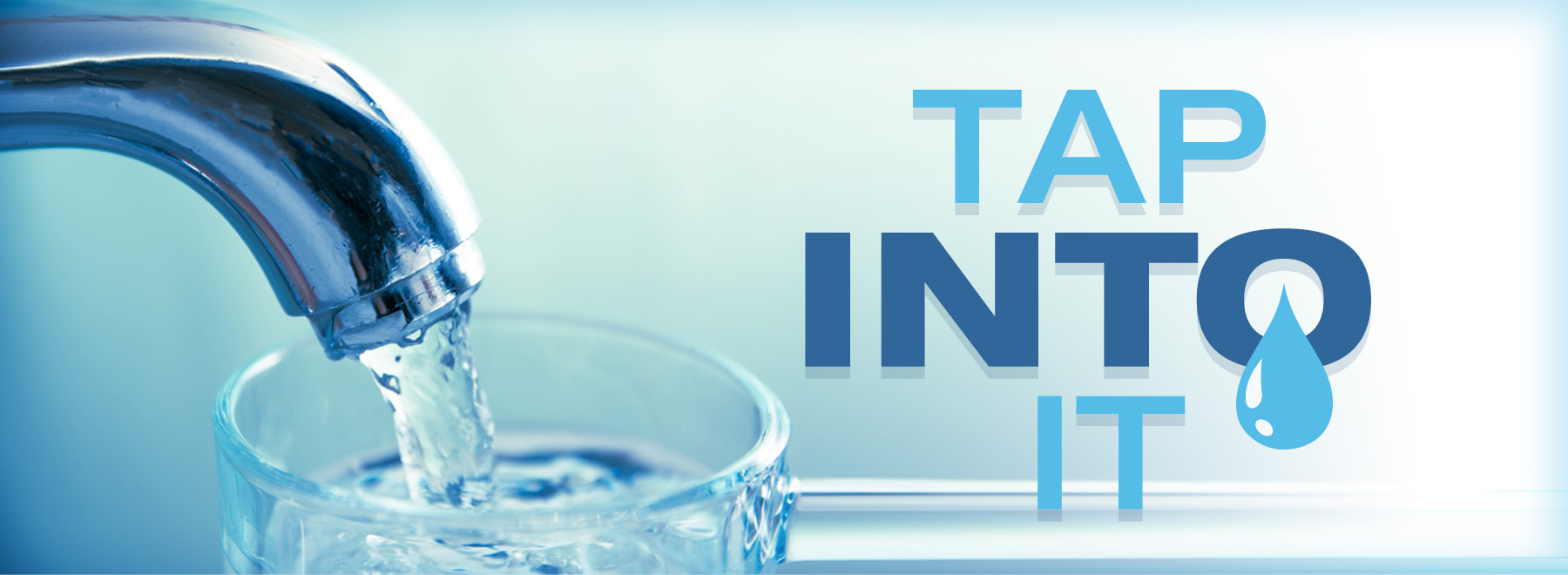Monitor your water quality, change your water filters regularly, experts say
Bitterly cold temperatures in mid-January didn’t last long enough in central Mississippi to threaten water pipes on a mass scale, but experts in preventive medicine say it’s always good to know what’s coming out of residential taps and ice-making refrigerators.
Those on a public water system generally don’t have to test their water regularly for waterborne pathogens, because of routine testing by system operators. When it comes to concerns about elevated lead levels and other contaminants, it’s good to be mindful of which filtration systems are needed, in lieu of buying bottled water.

“It’s fair to say enteric and waterborne diseases from potable water systems are not real common in the U.S. as a whole,” said. Dr. Paul Byers, associate professor in the Department of Preventive Medicine. “Certainly, they can occur, most frequently through recreational water exposure or swimming, cooling towers or sometimes a facility’s water system. And private wells can sometimes be contaminated, as they naturally aren’t monitored regularly.
“But, if you’re like most people, you’re on a public water system. Monitoring of public water systems for potential contamination with enteric bacteria, or coliform bacteria, is performed regularly. Contamination can be detected at times, such as when there are pressure losses in the system, and the best way to protect yourself is to follow recommendations whenever there is indeed a boil water alert issued.”
In water systems in which lead has been detected, the Mississippi State Department of Health recommends not using hot tap water for drinking or cooking and to run the tap on cold for one or two minutes. Children under 5 and pregnant women are safest when using NSF53 certified water filters in their homes.
Filters found most commonly in homes and businesses include those inserted into a pitcher and those built into residential refrigerators. Replacing them regularly is a must for both, according to the Centers for Disease Control and Prevention.
Enjoying fresher-tasting filtered water, with regular self-checkups built in as a routine, might also have larger environmental benefits.

“While it may not be strictly necessary in a household, filtering water also decreases use of plastic water bottles, if that is what a family would use instead,” said Dr. Mary Currier, professor of preventive medicine. “It may also be helpful in filtering out sediment and things that, while not harmful to your health, may be unappetizing.”
Lead, though essentially banned for use in heavy industry and new infrastructure for the past 50 years, can still be an issue for aging public water systems.
“Generally, whenever lead is found in tap water, it’s not in the water at the source,” Currier said. “It’s in pipe lines in the water distribution system that are made of lead. Many old systems in older cities have lead pipes connecting water to homes. Lead seeps into the water when the water from the system is too acidic, and it cleans away the calcium and other deposits on the inside surface of the pipes, exposing the lead to the water.”
In 2011, the Safe Drinking Water Act, first passed in 1986, was amended to lower the maximum lead content of the “wetted surfaces of plumbing products, such as pipes, pipe fittings, plumbing fittings and fixtures from 8 percent down to a weighted average of 0.25 percent.
Experts do agree the best way to monitor drinking water in the home, regardless of filtration method, is to not wait to report any issues.
“If you feel your water doesn’t taste or smell quite right, consult your water system,” Byers said. “It could be something in the system or internal plumbing issues.”
The above article appears in CONSULT, UMMC’s monthly e-newsletter sharing news about cutting-edge clinical and health science education advances and innovative biomedical research at the Medical Center and giving you tips and suggestions on how you and the people you love can live a healthier life. Click here and enter your email address to receive CONSULT free of charge. You may cancel at any time.



